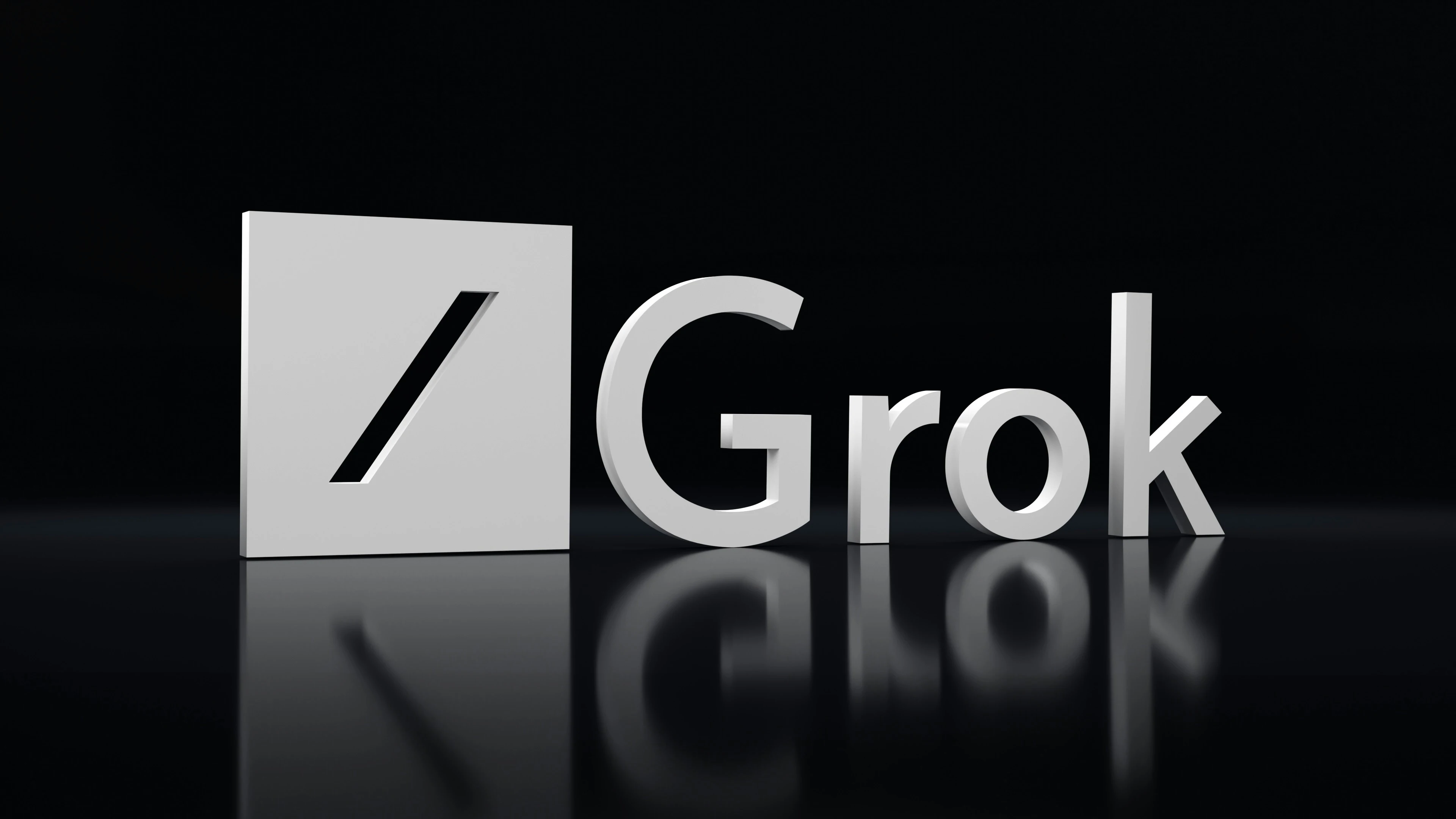Bitcoin Act 2024: U.S. to Buy 1 Million Bitcoins
Published on: 2024-12-23 02:42:04

The United States is planning to take a new step with the Bitcoin Act of 2024. They are planning to buy 1 million Bitcoins over the next five years, marking a big change in how the country views cryptocurrency. Many believe this move will help the U.S. lead the way in digital finance, while some worry about the risks because of Bitcoin's unpredictable value. This has fueled a lot of debate on the social networks about what this might bring to the economy, and the future of money.
What Is the Bitcoin Act of 2024?
The Bitcoin Act of 2024 is a proposal which is legislative by nature seeking to make Bitcoin part of the finances of the United States of America. If passed, the act will:
- Give the US Treasury permission to buy 200,000 Bitcoins a year for five years, for a total of one million coins.
- Keep the Bitcoins in a Strategic Bitcoin Reserve, which will require a holding period of at least 20 years before any selling of them.
- Financing expenditure through the issue of gold certificates instead of selling the physical gold itself keeps intact the country's precious gold reserves.
The use of gold certificates is a unique feature. These certificates, last issued publicly in 1934, represent claims on gold at market value. The government can then raise billions of dollars through such mechanisms that will not affect its physical inventory of gold in any way.
Why Is the U.S. Doing This?
Basically, the Bitcoin Act is an expression of trust in the revolutionary potential of Bitcoin. The move is motivated by a number of factors:
- Reducing National Debt: Supporters believe that Bitcoin’s past growth in value could help tackle the national debt. They see this ambitious plan as a way to cut the debt in half, depending on Bitcoin’s continued success and its upward trend over the last 20 years.
- Strengthening Economic Leadership: With cryptocurrencies becoming more important worldwide, the U.S. wants to take the lead in digital finance. The government plans to build a large Bitcoin reserve to show its commitment to innovation and stay ahead in the fast-changing financial world.
- Countering Geopolitical Rivals: The BRICS countries Brazil, Russia, India, China, and South Africa are becoming more powerful and are expanding their gold holdings in response to the U.S. currency. The United States intends to gain a strategic advantage against these changes in the economy by embracing Bitcoin.
How Did the U.S. Accumulate Bitcoin?
The U.S. government already holds 207,000 Bitcoins, primarily obtained through criminal seizures. 144,000 Bitcoins came from just one person, Ross Ulbricht, also known as “Dread Pirate Roberts,” who was the founder of the Silk Road, a darkweb marketplace.
According to the Bitcoin Act, the Treasury will receive all confiscated Bitcoins that are in the possession of federal agencies, combining them into a single, centralized reserve.
Opportunities and Challenges
Opportunities
- Economic Leverage: Since Bitcoin’s supply is finite and is gradually gaining more currency acceptance, Bitcoin may well function as a reserve currency like gold.
- Debt Reduction: Bitcoin might give the nation's balance sheet a much-needed boost if its value increases as anticipated.
- Innovation Leadership: The United States provides a global example of progressive financial policy by adopting Bitcoin.
Challenges
- Volatility: Because of its extreme volatility, there are questions over Bitcoin's viability as a reserve asset.
- Public Skepticism: Cryptocurrency is generally viewed in relation to frauds and financial gambling, which can cause people to lose faith in the government's strategy.
- Regulatory Hurdles: Support from all the parties and careful regulatory framework navigation will be necessary for the act to pass.
Jennifer J. Schulz, a financial regulation expert, clearly summarized these concerns:
“Bitcoin hasn’t proven itself to be stable enough for such a critical role. For this bill to pass, lawmakers must have a great deal of faith in its long-term sustainability.”
The Role of Gold Certificates
One of the most talked-about aspects of the Bitcoin Act is the use of gold certificates to fund Bitcoin purchases. Instead of selling physical gold, these certificates serve as claims on gold at the going rate.
For perspective:
- The U.S. holds 8,133 metric tons of gold, officially valued at $422 per ounce.
- At today’s market price of $2,700 per ounce, the certificates could generate up to $775 billion, enough to fund the Bitcoin acquisitions without depleting physical reserves.
Because of this strategy, the government can raise substantial funds while causing little disruption to traditional gold reserves.
Geopolitical Implications
The act has as much to do with economics as it does with geopolitics. BRICS countries are using gold as a hedge while moving away from the US dollar. The United States counters this tendency while upholding its global dominance on the attributes of Bitcoin, holding itself as a pioneer in strategic digital finance.
If the plan is successful, other countries may rush to establish their own Bitcoin reserves, causing a "digital gold rush". This competition may raise the price and enhance the position of beneficial possession of Bitcoin as a strategic asset.
FAQs About the Bitcoin Act
- Why does the U.S. government want to invest in Bitcoin?
For the government, Bitcoin is a scarce appreciating asset that can help decrease national debt, respond to geopolitical opponents, and increase its financial influence. - How will the Bitcoin Act be funded?
To raise billions of dollars without having to sell actual gold, the Treasury will issue gold certificates that are based on the prices of the gold market right now. - What are the risks of this plan?
The obvious dangers include fluctuation in prices of Bitcoin, lack of public trust, and possible legal challenges. Some critics are also worried that the decentralized Bitcoin may also face problems with government intervention. - How does this affect ordinary Americans?
The plan is to cut down national debt, and at the same time, it refrains from directly leaning on the people’s pocket. But if the price of Bitcoin goes down the drain, then taxpayers will be the ones suffering the consequences. - Has any other country tried a similar approach?
Indeed, El Salvador made Bitcoin legal currency in 2021 and currently has more than 6,000 Bitcoins in its treasury. But the plan put forward by the USA is on an entirely different scale.


Share this post: